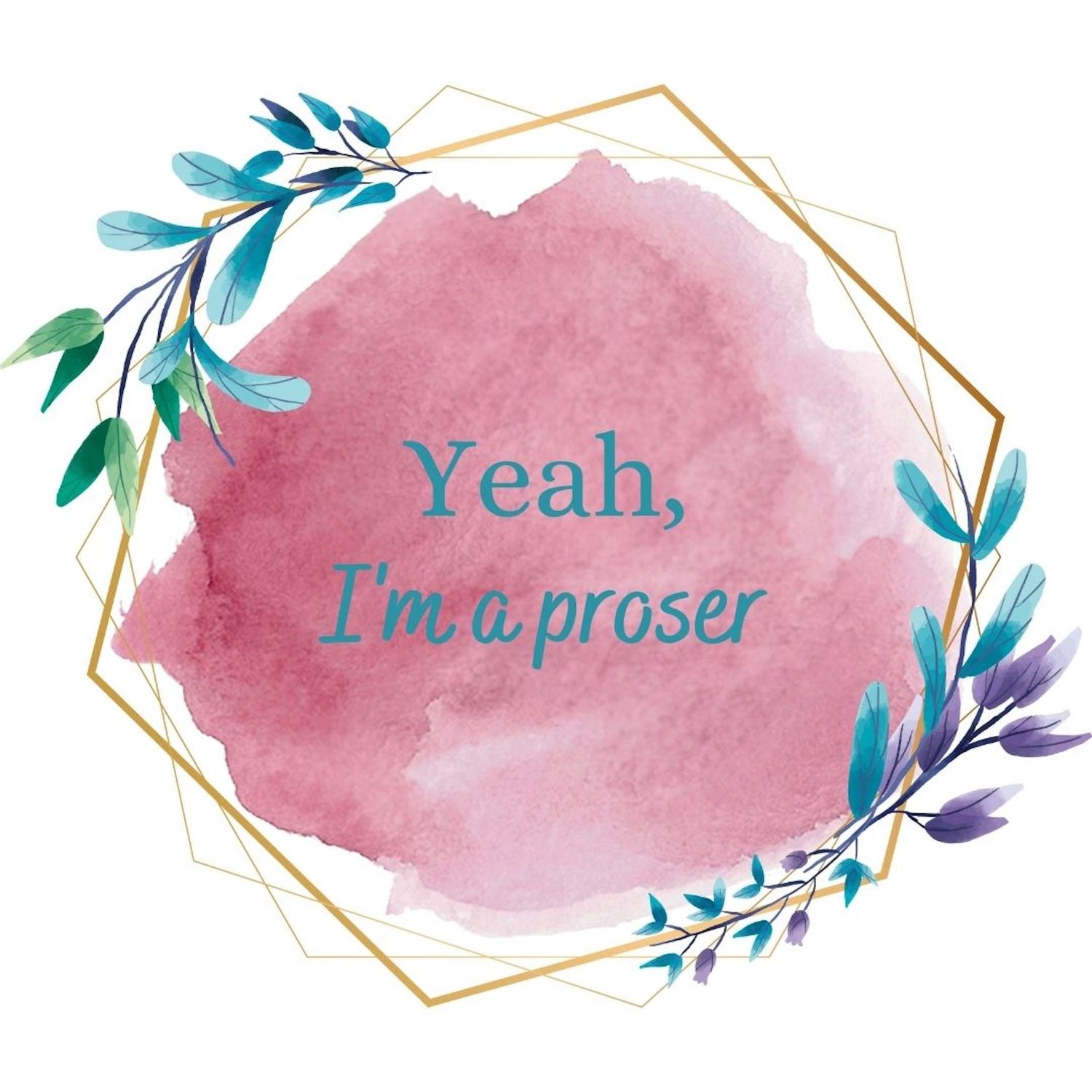As the leading cause of death in the United States, many people have sadly had very personal experience with heart attacks.
Writers and readers alike can get a lot of benefit from stories that include information about them.
Luckily for us writers, there is a wealth of knowledge out there on the topic, thanks to the many survivors and doctors dedicated to sharing what they know about the disease in order to help others.
A heart attack is life-threatening and often has long-term consequences that can be devastating to the victims even if they survive.
(Note: This is not meant to be used as medical advice! If you feel like you or someone you know may need medical help contact a medical professional immediately!)
STROKE VS. HEART ATTACK
A heart attack is different from a stroke, though many people interchange the names regularly.
A stroke actually affects the brain and occurs when the brain doesn't receive the proper amount of blood flow. This is caused by a blockage or a rupture in the blood vessels of the brain.
Heart attacks, of course, occur in the heart.
WHAT IS A HEART ATTACK?
A heart attack is actually only one of many issues a person can develop in the heart. It joins these other problems in a classification known as Heart Disease. Though most people mistakenly label all of these issues as heart attacks, they each have their own medical term and treatment.
A heart attack occurs when a blockage forms in the blood vessels of the heart and results in the heart muscles beginning to die from lack of oxygen nutrient blood-flow. (Very similar to what occurs during a stroke.)
SYMPTOMS
Heart attack symptoms not only vary from person to person, but there is also the chance that a single person who suffers from multiple heart attacks will have a different experience during each attack.
However, some symptoms doctors warn to watch for are:
Pain or discomfort throughout the chest area. This will last for more than a few minutes or go away and come back again frequently. This discomfort is often times mistaken for heartburn or indigestion.
Pain or discomfort in the upper body, including the shoulders and back.
A shortness of breath.
As you can see, many of these symptoms are pretty common in everyday life. This, unfortunately, can lead to many heart attack victims ignoring their symptoms until it is too late.
Other more unusual symptoms can include:
Cold sweats.
Feeling unusually/unexplainably tired.
Nausea/vomiting.
A sudden increase of any of these symptoms is a huge red flag.
The sudden chest grab and instant deaths seen on tv and in movies aren't how heart attacks usually play out. These seemingly innocuous symptoms can last for days before the situation becomes life-threatening, but getting treatment as soon as possible is imperative to saving as much heart tissue as possible.
Once the tissue is dead, nothing can be done and the sufferer will have to live with a heart that is broken for the rest of their lives or receive a transplant.
APPEARANCE TO OTHERS
At the beginning of the attack, during the stages where the only symptoms are the ones mentioned above, the victim will seem normal other than in a bit of discomfort. They will most likely dismiss all of their symptoms as indigestion or perhaps a cold.
Someone suffering from a heart attack in full swing will appear grey and sweaty, disoriented and as if they are in a lot of pain. They need to get to the hospital immediately.
TREATMENT
If a heart attack victim gets treatment within three or four hours after their heart attack begins most of the permanent muscle damage can be avoided. The longer it takes to get treatment, the more muscle is damaged, and heart muscle cells are the only cells in the body that cannot be replaced.
After twelve hours, the damage is usually irreversible.
TRUE STORIES
The majority of heart attack survivors say that they suffered with symptoms for extended periods of time (some for months) before the symptoms got so bad they felt the need to go to the hospital.
Here are a couple of links to actual survivor stories. (The first link is a fact-based article on heart attacks but many survivors took the time to talk about their stories in the comment sections and it was really eye-opening.)
NOTE: I am not affiliated with these sites in any way! While researching this topic I found stories in the comment sections of posts and in discussion forums from real-life heart attack survivors which I found to be very edifying. However, I have no control over these others sites or their comment sections. Please use discretion if you decide to check them out.
Quora: What does a heart attack feel like?
These stories all show a similar tendency to ignore symptoms until they become unbearable.
CONCLUSION
I probably only covered a fraction of all that goes into surviving and treating a heart attack. But hopefully, this post will give you a few ideas on how to make your characters heart attacks feel real to readers.
If you have any information about heart attacks you'd like to share, whether something new or even something to correct or add to what I've already written, please feel free to share in the comments below.
And if you liked this post, and are interested in seeing the Would Your Character Survive That? series continue hit the like button below to let me now.
